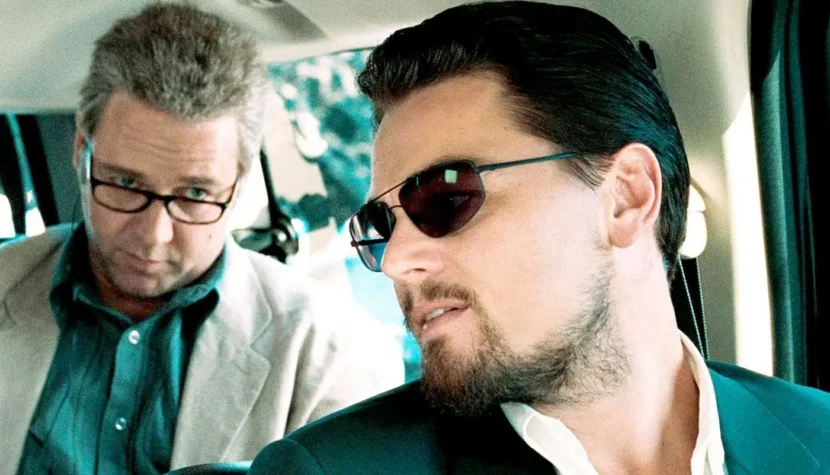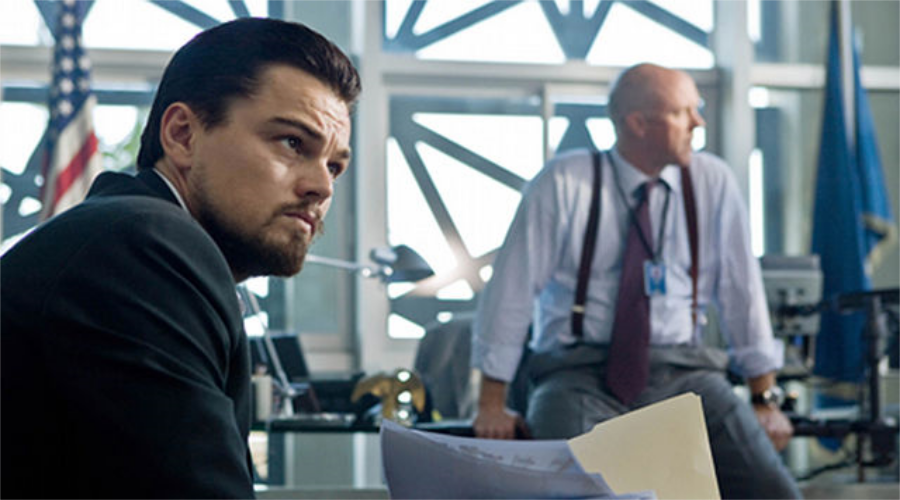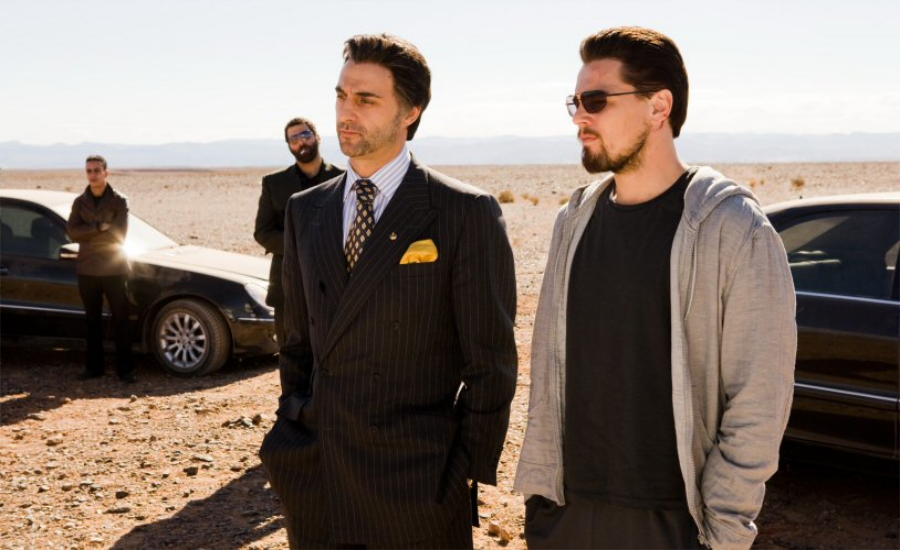BODY OF LIES. This Ridley Scott thriller had tremendous potential

Ridley Scott is one of those film personalities about whom it almost feels wrong to say anything negative. His name is effortlessly listed among the top directors in the history of global cinema. However, like everyone else, among his outstanding works, there are also a few weaker titles, along with a significant number falling somewhere between “average” and “quite good.” And regardless of whether you classify Body of Lies as decent, good, or even very good, you always have to preface that evaluation with “just.”
The first decade of the 21st century was the busiest period in Ridley Scott’s career (yes, I know the second decade is still ongoing, and the director has plenty of ideas, but he certainly hasn’t managed to make three films during it). However, I can’t shake the feeling that in this flurry of activity, he spread himself too thin. The quality disparity between individual films in his filmography is enormous. While the thematic diversity can be considered a plus, the ups and downs in quality don’t look great on the portfolio of such a renowned figure. I mention this for a reason, as it seems these two factors influence each other, with the director simply not giving himself enough time to mentally transition between completely different projects. Without delving into details, because this topic could be discussed for hours, let me get straight to the point: the review of Body of Lies, which seemingly suffers from the aforementioned imbalance.

The bestselling novel Body of Lies by David Ignatius, on which William Monahan (The Departed, Kingdom of Heaven) based his screenplay for Ridley Scott, was hailed as a “fresh breath for the genre.” Its merit is reflected in the fact that Warner Bros. bought the adaptation rights before the book was even published. The gripping action of the spy thriller, addressing the still-relevant issue of terrorism (perhaps even more so today), seemed like perfect material for a great film—especially since it was entrusted to Scott. This marked his return to the Middle East following the equally high-profile Black Hawk Down (don’t hit me—Somalia is just a stone’s throw from Yemen and is sometimes politically considered part of the Middle East). Unfortunately, the end result leaves a similar sense of dissatisfaction, though the story is told in a completely different way.
The story of Roger Ferris (Leonardo DiCaprio)—a former journalist now operating as a CIA agent in the Middle East—fits perfectly into the post-9/11 atmosphere, slightly reviving a topic that was already cooling. After the World Trade Center attack, Europe was also shaken by bombings in Madrid (2004) and London (2005). Body of Lies had every argument to offer viewers a fear-laced rollercoaster showing just how grueling this fight is. But as usual, Americans are trying to save the world… or are they?
It’s hard to overlook how the key figures behind the operations are portrayed. Starting with the general staff, who yield to the silver-tongued Hoffman (Russell Crowe)—a man adept at getting what he needs to fight terrorism—through Hoffman’s own depiction, to the field operatives under his command in the Middle East, blindly following orders. And somewhere in this chaos lies our protagonist, Ferris, who, unlike Hoffman—who issues commands while eating hot dogs and watching children’s soccer games—must deal with his superior’s decisions on the battlefield, often risking his life.
Enter Hani (Mark Strong), the head of Jordanian intelligence, feared by local terrorists for his fondness for torture. Hani offers to help infiltrate Al-Qaeda members hiding in Jordan, expecting only one thing in return: honesty. This sets up a critique of Western decision-makers, embodied by Hoffman, who fail to adapt their methods to local realities and treat their partners with utter disrespect. Naturally, it’s the young idealist Ferris, caught between a rock and a hard place, who pays the price.

The biggest issue with Body of Lies seems to be its screenplay, and this criticism has two aspects. The lesser issue is character development. While Scott attempts to move away from the trope of world-saving Americans, directly pointing out their lack of tact and respect for other cultures, the main characters feel underdeveloped or—worse—deliberately caricatured. Ferris comes across as a natural young idealist, but this doesn’t align with his substantial operational experience. Only a fool would cling to naive ideals in such conditions, sacrificing the many for the sake of saving a few individuals. Meanwhile, Hoffman, in his exaggerated Americanism, is so over-the-top that it’s hard to believe this was Russell Crowe’s own initiative. A self-centered cynic who repeatedly makes the same mistakes, undermining crucial operations, would hardly last long in such a role—or so I’d hope. Paradoxically, despite these poorly written and overly stereotypical characters, the acting is faultless. DiCaprio is as solid as ever, Crowe fulfills his role (though he’s incredibly irritating), but Mark Strong steals the show, with the only criticism being the issue of whitewashing (which isn’t his fault).
The more significant problem lies in the narrative, structured in a way that could just as easily have been a miniseries. The pacing starts off slow, introducing the themes with excessive delicacy, as though anything needed explanation. When the plot finally picks up, there are only about twenty minutes left, so we get a major twist followed by a rapid resolution, wrapping up the subplots along the way. The lack of balance prevents proper tension-building and maintenance, which action movie audiences surely expect, right? Once again, as with many Ridley Scott films after the brilliant Gladiator, the greatest enemy here is the story being told. The plot hinders the spectacle, and the abundance of side threads—especially an unnecessary romantic subplot—and their rushed conclusions waste excellent material.
Ridley Scott tried to include too much in Body of Lies while approaching the production too cautiously, resulting in another “just good” film in his oeuvre. A shame, given the immense potential.

